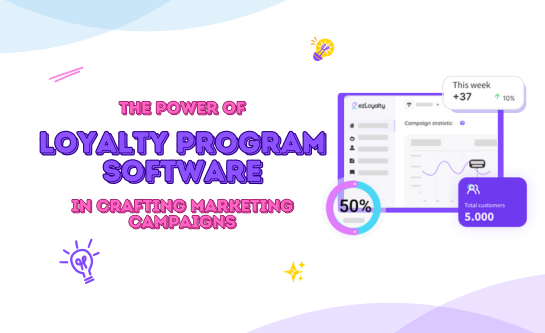Decode Millennials purchasing decisionmaking process
 Jun 03rd, 2024
Jun 03rd, 2024
 656 views
4 MINS READ
656 views
4 MINS READ
Millennials, often dubbed the “digital generation” or “Gen Y”, represent a significant force in today’s consumer landscape. Born between 1981 and 1996, Millennials have grown up during rapid technological advancements, economic shifts, and social changes. Hence these factors influence their values, preferences, and purchasing behaviors. Understanding the complexities of the Millennial purchasing decision making process is vital for businesses to capture their attention and loyalty. This article will investigate the Millennial’s buying journey by analyzing their preferences, influences, and motivations.
Stage 1: Problem Recognition

Millennial is an ambitious generation that desires determination, achievements, and success. They spend most of their time chasing influencing ability, others’ admiration, and social status. Furthermore, this generation also values diversity and social, ethical, and environmental values. Therefore, to raise the needs in this generation, brands must ensure products and brand stories are aligned with their values. For example, pillow brands can imply the work-life balance value with the message: “Lay your head, harmonize stress from life”. With thoughtful messages tailored to Gen Y pain points, brands can raise the need to balance the stressed working life. Hence, it will express the deep understanding of brands to them.
Stage 2: Research and Information Search
Millennials are eager researchers, leveraging digital tools and platforms to gather information about products and services before making purchasing decisions. They rely heavily on online reviews, and peer insights to inform their choices. Essentially, they value authenticity and transparency in the information they consume. Hence, businesses should prioritize maintaining a strong online presence, optimizing their digital content, and fostering positive online reviews to capture Millennials’ attention during the research phase.
Stage 3: Alternatives evaluation
Authenticity and Brand Alignment
Millennials place a premium on authenticity and seek brands that align with their values, beliefs, and lifestyle preferences. In their decision making process, Millennials are drawn to brands that demonstrate transparency, ethical practices, and a genuine commitment to social and environmental responsibility. Businesses can appeal to Millennials by communicating their brand story, values, and mission authentically, establishing emotional connections, and fostering trust with this discerning demographic.
Value Proposition and Quality
While price remains a consideration, Millennials prioritize value over affordability, seeking products and services that offer quality, durability, and unique benefits. They are willing to invest in products that align with their lifestyle aspirations, fulfill their needs, and provide memorable experiences. Businesses should emphasize the value proposition of their offerings, highlighting features, benefits, and distinctive qualities that resonate with Millennials’ preferences and priorities.
Stage 4: Purchasing
In the purchasing stage of Millennials’ decision making processes, seamless and convenient purchasing experiences are the most valuable drivers, whether online or offline. They expect intuitive website interfaces, fast and secure payment options, and hassle-free shipping and return policies. Businesses should prioritize optimizing user experience, offering multiple purchase channels, and leveraging technology to streamline the purchasing process and meet Millennials’ expectations for convenience.
Stage 5: Post-Purchase
The Millennial consumer journey extends beyond the point of purchase, with post-purchase engagement and advocacy playing a crucial role in shaping brand loyalty. Millennials value ongoing communication, personalized interactions, and opportunities for engagement with brands post-purchase. Businesses should prioritize customer support, proactive communication, and community-building initiatives to foster long-term relationships and encourage Millennials to become brand advocates.
Conclusion
Navigating the Millennial buying decision making process requires a deep understanding of their values, preferences, and behaviors. By embracing authenticity, transparency, convenience, and more, businesses can effectively engage with Millennials and cultivate lasting relationships in a competitive marketplace. By aligning with Millennials’ values and priorities, businesses can position themselves as trusted partners in their journey, driving sustainable growth and success in the evolving consumer landscape.
 Back to blog page
Back to blog page




































